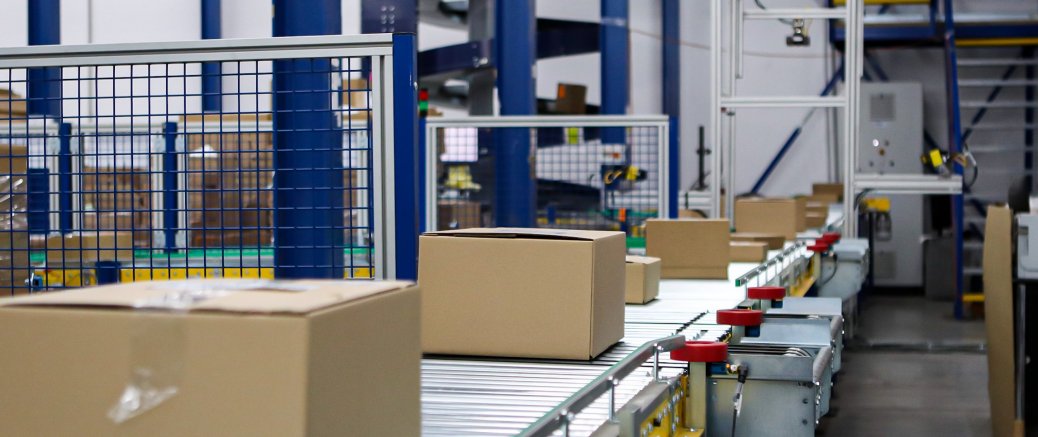In the dynamic realm of modern business, the significance of efficient fulfillment practices has surged to the forefront of strategic considerations. Irrespective of industry, the adept management and optimization of fulfillment processes have become the linchpin for achieving and sustaining success. This article delves into the pivotal best practices that pioneering companies are embracing to revolutionize their fulfillment strategies and attain a distinctive edge in the fiercely competitive market.
1. Leveraging Technology for Optimization
In an era dominated by technological advancements, businesses are finding innovative ways to optimize their fulfillment processes. Automated order processing systems, advanced inventory management software, and AI-driven predictive analytics are transforming the way companies handle their fulfillment operations. Such technologies not only enhance accuracy and reduce human errors but also provide real-time insights into demand patterns, enabling proactive decision-making.
2. Efficient Inventory Management
A well-balanced inventory is crucial for ensuring smooth fulfillment operations. Companies are increasingly adopting just-in-time inventory management to minimize excess stock and associated carrying costs. By closely monitoring demand trends and adjusting stock levels accordingly, businesses can strike the right balance between having enough inventory to meet customer demands and avoiding overstock situations.
3. Seamless Multi-Channel Fulfillment
In a landscape where consumer preferences traverse various platforms, crafting a seamless and harmonious encounter across multiple channels has evolved into a cardinal pursuit. Enterprises are progressively interweaving their digital, physical, and mobile touchpoints, fashioning a coherent brand narrative. This integration extends its arms to the domain of fulfillment, where ingenious strategies such as ship-from-store and the expedient buy-online-pick-up-in-store (BOPIS) model cater to a diverse array of customer preferences. By weaving this intricate tapestry of fulfillment, businesses impart convenience and flexibility, fostering a profound bond with their clientele.
4. Last-Mile Delivery Innovations
The final leg of the delivery journey, commonly referred to as the "last mile," is a critical touchpoint for customer satisfaction. To enhance this aspect of fulfillment, companies are exploring innovative solutions such as drone and autonomous vehicle deliveries, as well as leveraging local partnerships for faster and more reliable deliveries. Investing in sustainable last-mile practices not only delights customers but also contributes to reducing the environmental impact of delivery operations.
5. Continuous Process Improvement
Continuous improvement lies at the heart of successful fulfillment practices. Companies are embracing Lean and Six Sigma methodologies to identify bottlenecks, eliminate waste, and streamline processes. Regular data analysis and performance metrics enable businesses to make informed decisions and constantly refine their fulfillment strategies to meet changing market dynamics.
6. Customer-Centric Approach
At the heart of consummate fulfillment lies an unwavering dedication to the customer journey. Enterprises are scribing new paradigms by endowing their fulfillment processes with a customer-centric ethos. By adorning parcels with a personal touch, enabling transparent order tracking, and nurturing responsive customer service, businesses lay the cornerstone for an emotional connection. This reverence for the customer not only nurtures loyalty but also triggers a ripple effect of positive referrals, amplifying a brand's resonance across the market landscape. Through this lens, fulfillment transcends mere logistics and becomes an integral strand of the customer experience tapestry.
